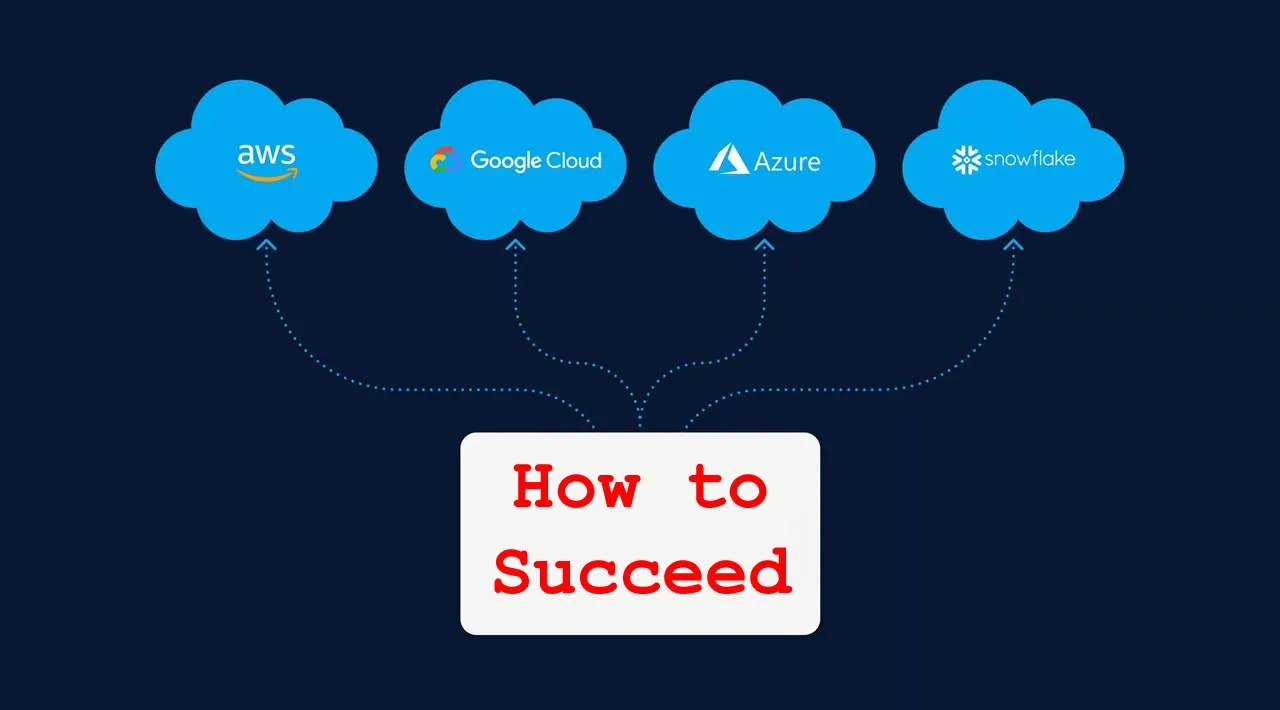Why do we use more than one thing to solve a particular need? Sometimes we don’t have a choice. All my financial assets aren’t in one place because my employer-provided retirement account is at a different financial institution than my personal account. Other times, we purposely diversify. I could buy all my clothes at one retailer, but whether it’s a question of personal taste, convenience, or just circumstance, I buy shoes at one store (and often different stores for different types of shoes), shirts at another store and outerwear somewhere else.
Is it the same situation within your IT department? Based on organizational dynamics, past bets on technology, and current customer demands, I’d bet that you have a few solutions to any given problem. And it’s happening again with public clouds, as the statistics show that most of you are using more than one provider.
But all public clouds aren’t the same. To be sure, there’s commonality amongst them: every public cloud provider offers virtual compute, storage, and networking along with middleware services like messaging. But each cloud offers novel services that you won’t find elsewhere. And each operates within different geographic regions. Some clouds offer different security, data sovereignty, and hybrid capabilities than others. And the user experience—developer tools, web portals, automation capabilities—isn’t uniform and may appeal to different teams within your company.
Using multiple clouds may be becoming commonplace, but it’s not simple to do. There are different tools, skills, and paradigms to absorb. But don’t freak out. Don’t send your developers off to learn every nuance of every cloud, or take your attention away from delivering customer value. You do, however, need to prepare your technical teams, so that they’re prepared to make the most of multi-cloud. So what should you do, as a leader of technical teams? Here is some high-level advice to consider as you think about how to approach multi-cloud. And remember, there’s no universal right solution—only the right solution for your organization, right now.
#google cloud platform #hybrid cloud #cloud #multi-cloud
